Eastern Quolls - Dasyurus viverrinus

Wombat
I presume this is the Northern Hairy-Nosed Wombat or Lasiorhinus krefftii, named after this album's artist. (nb. there are three species of wombat in total.)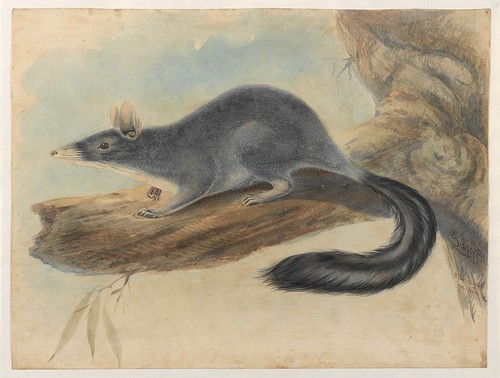
Gerard Krefft (1830-1881) was a zoologist, artist, curator of the Australian Museum in Sydney and correspondent with Charles Darwin and Sir Richard Owen. A collection of thirty five of his watercolour drawings of native animals and Aborigines has been digitised by the State Library of NSW (note the thumbnail link). The drawings were originally single works that were offered for sale after Krefft's death.
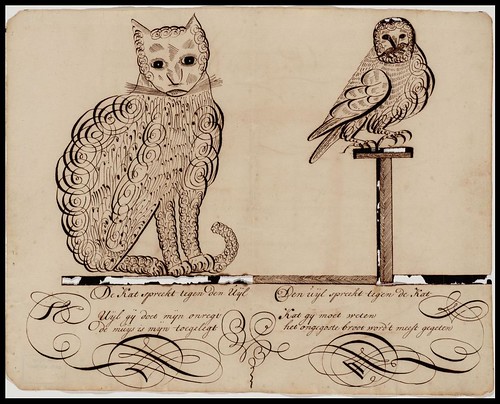
This calligraphy drawing - {spliced together from screencaps} (zoomorphic calligraphy? not realllly) - was produced by the schoolteacher, Jacob Labotz, as part of a series of sketches with poems that he gave to students sometime in the 18th century. [source]
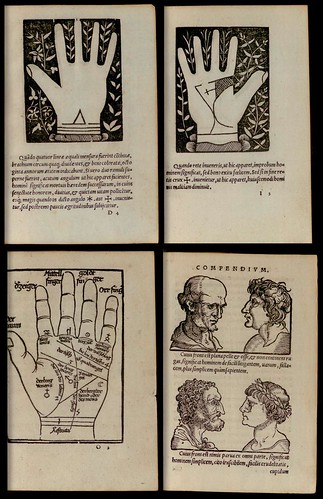
From: 'Physionomiae et Chiromantiae Compendium', 1536, by Bartolommeo della Rocca Cocles [source]. The first forty pages are standard fare physiognomy heads; then there are more than a hundred pages of palmreading (chiromancy) woodcut illustrations.

Beta Theta Pi fraternity emblem (1884-1885)
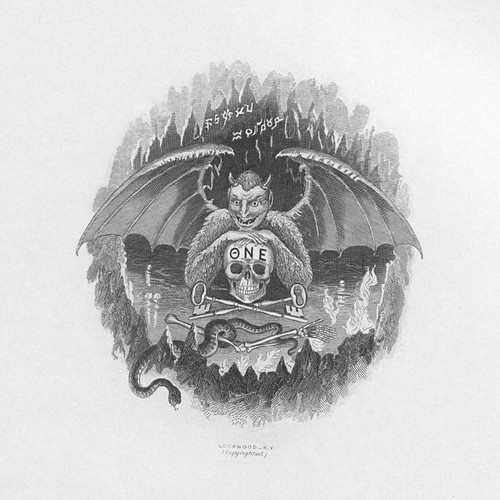
Theta Nu Epsilon fraternity emblem (1894)
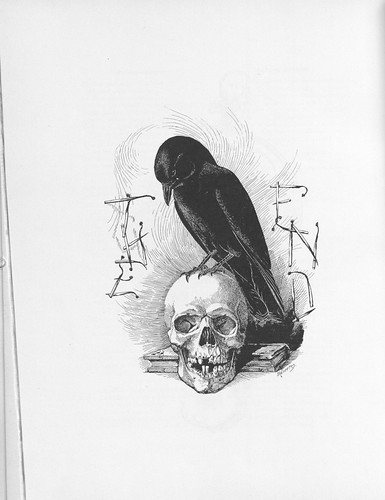
Final page in 'The Cornellian' (magazine) of 1896: the Raven & Skulls illustration is by Louis Agassiz Fuertes.
[Incidentally, Fuertes - not to be confused with the Louis Agassiz from the great Challenger voyage - was an ornithological artist: that link was kindly passed on by Jennifer from Kallisti more than two years ago. I forget nothing, I'm just
The above images were sourced from the Cornell University Rare Book and Manuscript Collections.
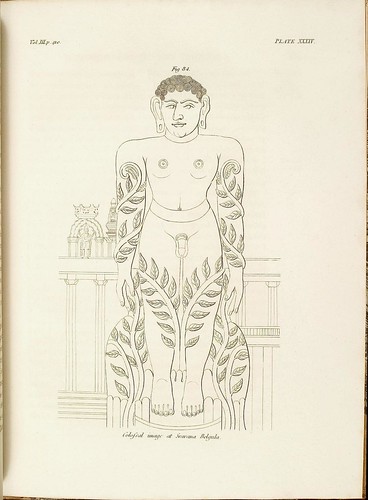
'Colossal Image at Sravana Belgula'
(looks to be a line drawing of the the statue of Lord Gommateshwara at the Jain Temple in Karnataka in India)IN: 'A Journey From Madras Through the Countries of Mysore, Canara and Malabar' by Francis Buchanan, 1807 [source; also at googlebooks].
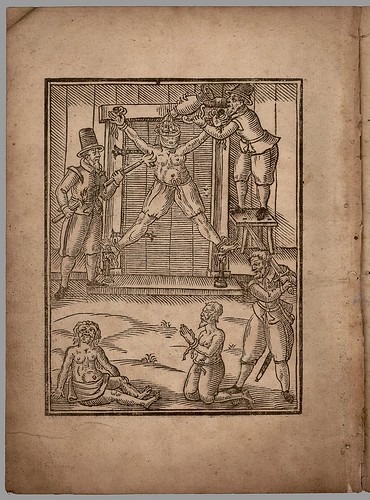
From: 'A True Relation of the Unjust, Cruell, and Barbarous Proceedings Against the English at Amboyna in the East-Indies', 1624. The multi-page pamphlet - [source] - records the torture and execution for treason of employees of the British East India Company by the Dutch East India Company; known as the Amboyna Massacre (Ambon island, Indonesia).
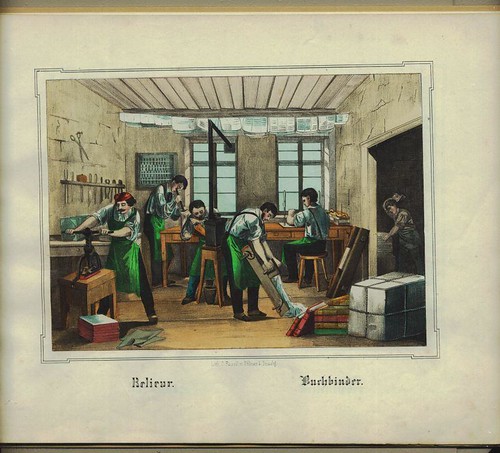
Bookbinder shop
From: 'Les Arts & Métiers en Images. Exposé des Procédés les Plus Usuels, à l´Usage de la Jeunesse', published by Tasoli & Ohlman, 1859. [source - click 'start'] This children's book depicts about thirty trades, all in bright-to-sometimes-garish coloured lithographs. The illustrations are quite detailed.
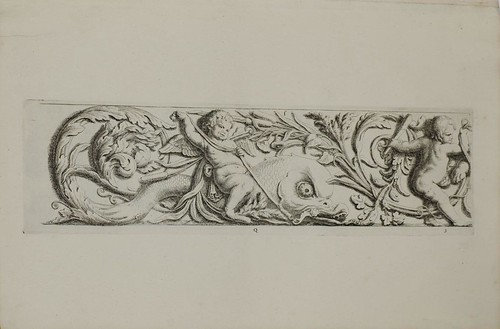
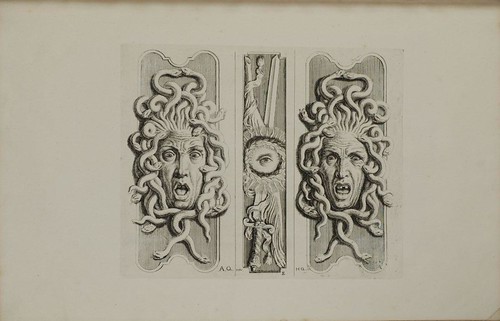
These frieze grotesque details are from a book recording the architectural features of the State House of Amsterdam - 'Afbeelding van 't Stadt Huys van Amsterdam', 1665 by Jacob van Campen after the sculptural designs of Artus Quellinus. [source]
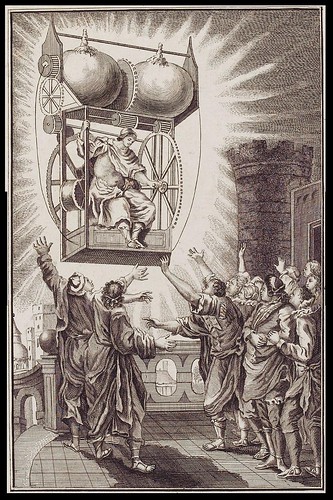
'Flugmaschine. Das Fahrzeug mit Rad in Rad in Rad.'
{something like: flying machine made from bicycle wheels)
18th century, engraved by Fr. Cöntgen. [source - via]
UPDATE: see this Princeton rare books blog post re: Louis Guillaume de La Follie.
{something like: flying machine made from bicycle wheels)
18th century, engraved by Fr. Cöntgen. [source - via]
UPDATE: see this Princeton rare books blog post re: Louis Guillaume de La Follie.


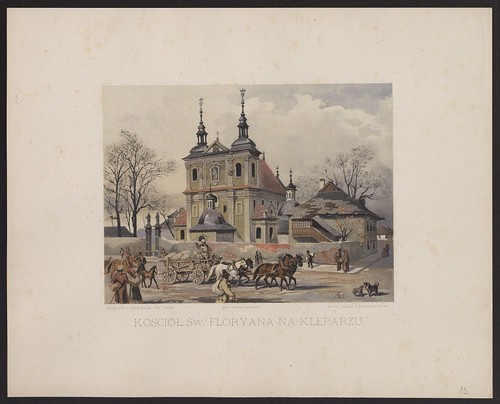
'Klejnoty Miasta Krakowa' by Juliusz Kossak, 1886.
{Jewels of the City of Kraków or Cracow - 24 plates}
Beautiful colouring. [source]
{Jewels of the City of Kraków or Cracow - 24 plates}
Beautiful colouring. [source]

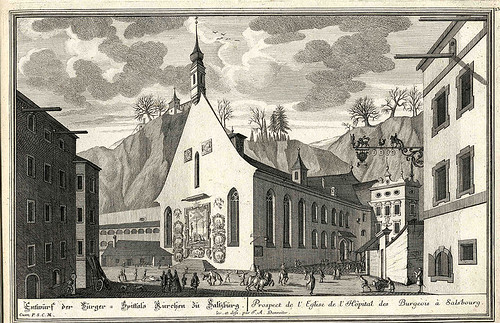
These Salzburg (Austria) views are from two works by Franz Anton Danreiter from the mid-17th century that are bound together in the version owned by the University of Salzburg Library. 'Saltzburgische Kirchen-Prospect' and 'Garten-Prospect von Hellbrun' were featured in the book of the month site. [Book of the month homepage] To my embarrassment I can't recall where I found this: either via Briefe an Konrad or Ortelius, both exemplary cultural blogs in German that I always mix up in my head.
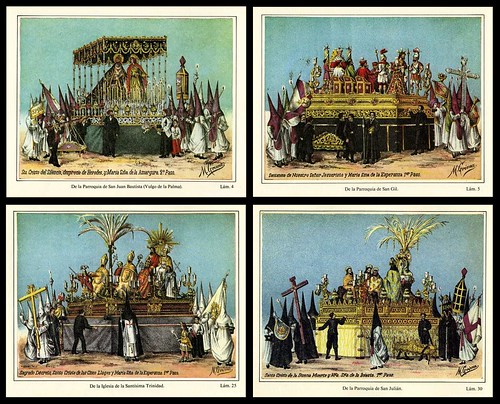

My thanks to Rev.JA. who passed on scanned illustrations of the Holy Week procession floats ('pasos') relating to the Passion of Christ biblical episodes. The event is held in Seville each year around Palm Sunday/Easter time and these cards (collected by children) were published by M. Grima in Barcelona in 1887. The hooded figures are penitents.
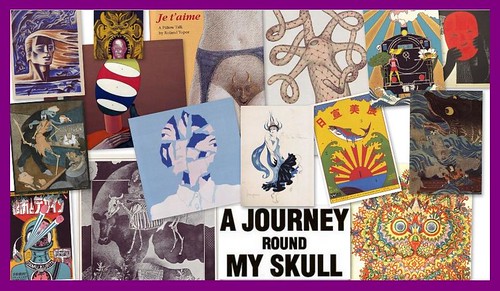
If you ever wonder where I go for my own dose of recreational visual obscurities, then you should definitely bookmark or subscribe to Will's fantastic blog, A Journey Round My Skull. He collects, scans and uploads some very very weird and wonderful book illustrations and my lame attempt at a collage hardly does the site justice. The sidebar links are worth the entry price alone. (click on the collage image to go to his flickr collection)
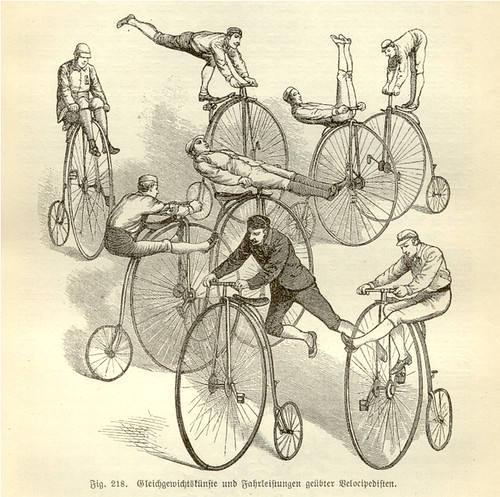
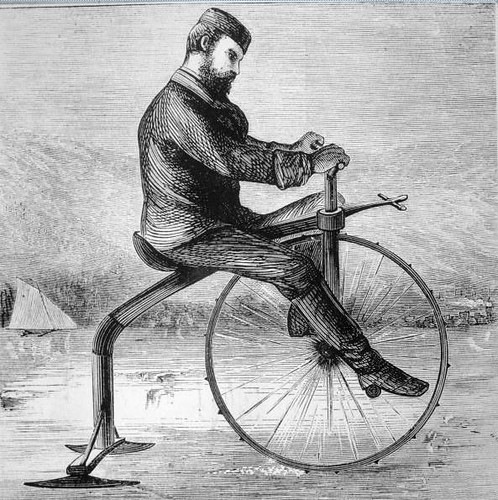
I'm afraid I have forgotten where these two images came from. Both were published in the second half of the 19th century; the ice velocipede is from 1869. I remember thinking that there was a potential 'odd Victorian transport' post in the making and, although there are a large number of patents for variations on the 'bicycle' theme, I ended up deciding that there weren't enough decent quality illustrations around to keep bothering. In passing I did come across the Museum of RetroTechnology which is worth a browse. As is Old Bike Blog [1].
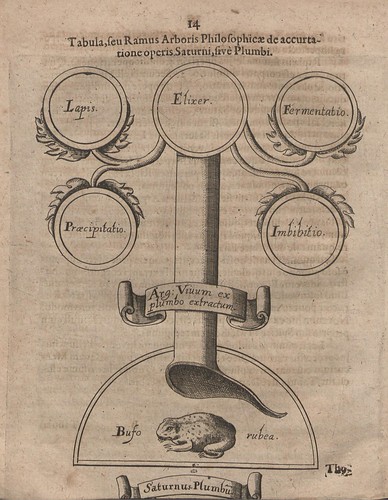
This obscure alchemy illustration is from a small publication by George Ripley from 1630, entitled: 'Saturnus Saturatus'. [source - click the book icon] Obviously readers are being told that to find the philosopher's stone, they must lick the back of a cane toad until intoxicated. Makes sense.
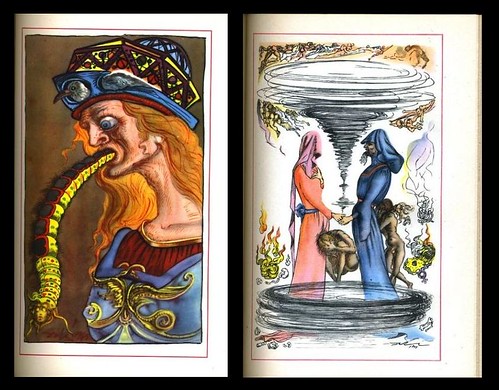
Salvador Dali illustrations IN: 'Autobiography of Benvenuto Cellini', 1948.
The images were sourced ages ago from one of these. [Amazon]
The images were sourced ages ago from one of these. [Amazon]

'Mosquitoes, Gnats, Craneflies, Midges and Flies of the Northern States', by Edward Knobel, 1897 [source] The cover designer has done well given the title name.

'The Apotheosis of William Osler'
"This caricature of William Osler elevates him to holy status as he sweeps away disease with cyclonic force. The title, The Saint -- Johns Hopkins Hospital, is a play upon Osler’s frequent reference to the hospital as ‘the St. Johns’. The caricature, done in 1896, is by Max Broedel, the renowned medical illustrator."I bet there aren't too many paramecia or streptococci bugs featured as 19th century caricature accompaniments. [source]
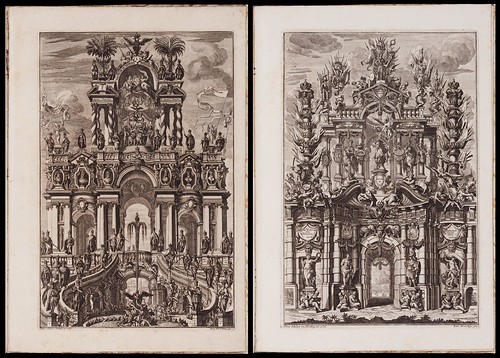
Like kryptonite to modesty, baroque triumphal arches feature in the 1725 publication by Antonius Bomer, 'Triumphus Novem Seculorum'. Early Modern at the Beinecke showcases another work from Yale's collection of Italian festival books and gives instructions for finding them.
××× feeds / blogs / links / bookmarks / twitter / books ×××
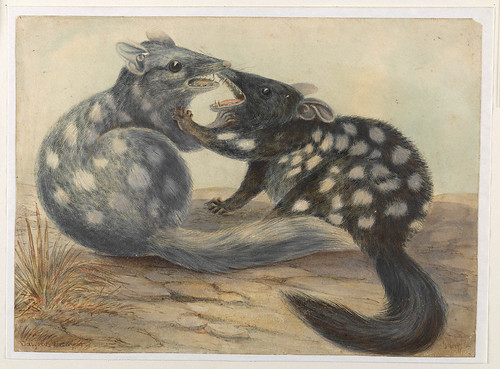
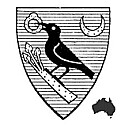








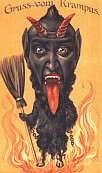
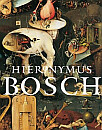
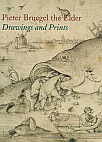
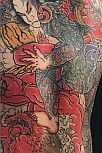
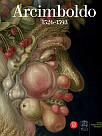

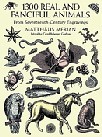
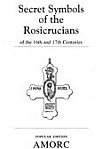


3 comments :
new posts on bibliodyssey always make my day
...to find the philosopher's stone, they must lick the back of a cane toad until intoxicated.
Everything is clear to me now. Zombies will also be discussing the jewels in the toads' heads, film at eleven.
nice
Post a Comment
Comments are all moderated so don't waste your time spamming: they will never show up.
If you include ANY links that aren't pertinent to the blog post or discussion they will be deleted and a rash will break out in your underwear.
Also: please play the ball and not the person.
Note: only a member of this blog may post a comment.